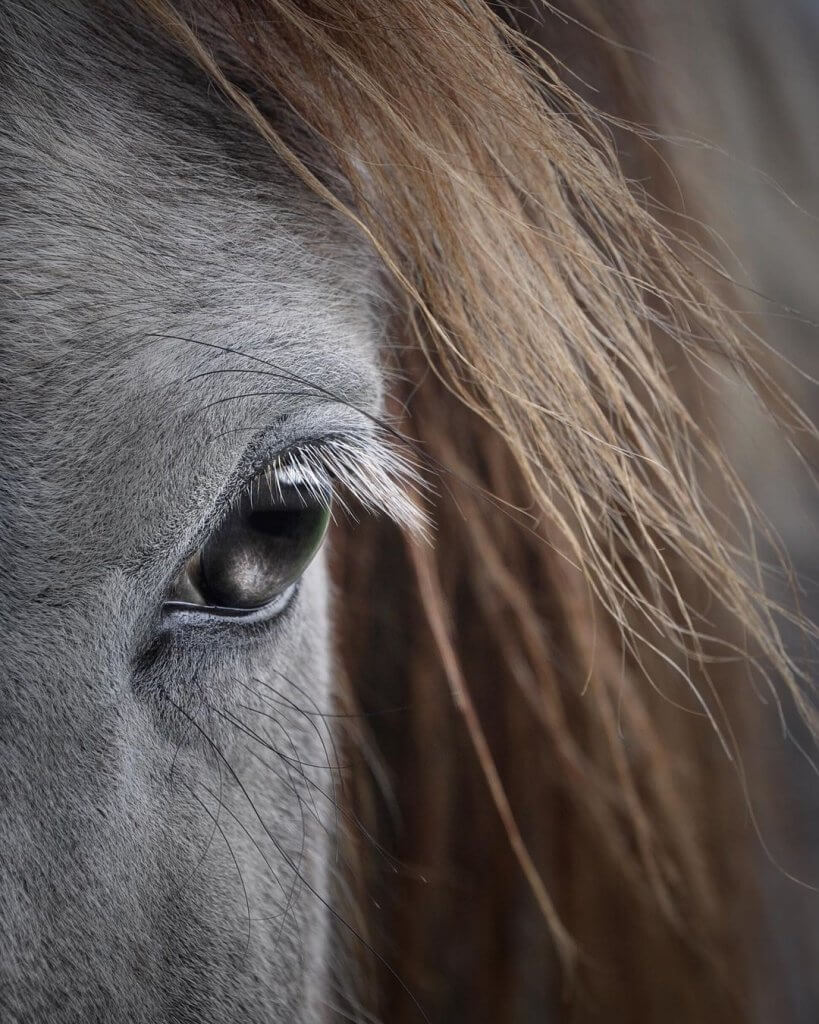
As a natural remedy, high UMF (Unique Manuka Factor) Manuka honey has been used for centuries for its wound-healing properties. In recent years, scientific studies have also shown that Manuka honey has potent antibacterial and anti-inflammatory properties that make it effective for wound healing in animals, including horses.
Horses are prone to a variety of wounds, ranging from minor cuts and scrapes to more severe injuries that can result from accidents, surgery, or other medical conditions. These wounds can be challenging to treat due to the horse’s size, the location of the injury, and the risk of infection.
Manuka honey is a type of honey produced by bees that feed on the nectar of the Manuka tree (Leptospermum scoparium) found in New Zealand. It is rich in enzymes, antioxidants, and phytochemicals that make it a powerful natural healing agent.
Manuka honey’s healing properties are attributed to its high UMF rating, which is a measure of its antibacterial activity.
Research has shown that Manuka honey can effectively treat wounds in horses by providing a moist environment that promotes healing and preventing infection. One study published in the Journal of Equine
Veterinary Science found that Manuka honey was effective in promoting wound healing in horses with severe injuries, including deep lacerations and surgical wounds.
Another study published in the Veterinary Record found that Manuka honey was effective in treating infected wounds in horses, including those caused by antibiotic-resistant bacteria. The study showed that Manuka honey’s antibacterial properties were able to kill bacteria, including methicillin-resistant Staphylococcus aureus (MRSA), which is notoriously difficult to treat with conventional antibiotics.
Manuka honey’s anti-inflammatory properties can also help reduce swelling and pain in horses with wounds. A study published in the Journal of Veterinary Medical Science found that Manuka honey was effective in reducing inflammation in horses with skin wounds. The researchers concluded that Manuka honey’s anti-inflammatory properties could help reduce the need for anti-inflammatory drugs, which can have side effects in horses.
When using Manuka honey to treat horse wounds, it is important to choose a high UMF-rated honey to ensure its potency. A UMF rating of 15 or higher is recommended for wound healing purposes. It is also essential to follow proper wound care procedures, such as cleaning the wound and applying the honey regularly.
In conclusion, high UMF Manuka honey is a natural remedy that can be effective in promoting wound healing in horses. Scientific studies have shown that Manuka honey has potent antibacterial and anti-inflammatory properties that make it effective in treating a range of wounds in horses, including those caused by antibiotic-resistant bacteria. When used in conjunction with proper wound care procedures, Manuka honey can be a valuable tool in the treatment of horse wounds.
resistant bacteria. When used in conjunction with proper wound care procedures, Manuka honey can be a valuable tool in the treatment of horse wounds.
Research has shown that Manuka honey can effectively treat wounds in horses by providing a moist environment that promotes healing and preventing infection. One study published in the Journal of Equine Veterinary Science found that Manuka honey was effective in promoting wound healing in horses with severe injuries, including deep lacerations and surgical wounds.
Another study published in the Veterinary Record found that Manuka honey was effective in treating infected wounds in horses, including those caused by antibiotic-resistant bacteria. The study showed that Manuka honey’s antibacterial properties were able to kill bacteria, including methicillin-resistant Staphylococcus aureus (MRSA), which is notoriously difficult to treat with conventional antibiotics.
Manuka honey’s anti-inflammatory properties can also help reduce swelling and pain in horses with wounds. A study published in the Journal of Veterinary Medical Science found that Manuka honey was effective in reducing inflammation in horses with skin wounds. The researchers concluded that Manuka honey’s anti-inflammatory properties could help reduce the need for anti-inflammatory drugs, which can have side effects in horses.
When using Manuka honey to treat horse wounds, it is important to choose a high UMF-rated honey to ensure its potency. A UMF rating of 15 or higher is recommended for wound healing purposes. It is also essential to follow proper wound care procedures, such as cleaning the wound and applying the honey regularly.
In conclusion, high UMF Manuka honey is a natural remedy that can be effective in promoting wound healing in horses. Scientific studies have shown that Manuka honey has potent antibacterial and anti-inflammatory properties that make it effective in treating a range of wounds in horses, including those caused by antibiotic-resistant bacteria. When used in conjunction with proper wound care procedures, Manuka honey can be a valuable tool in the treatment of horse wounds.
